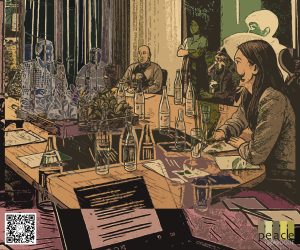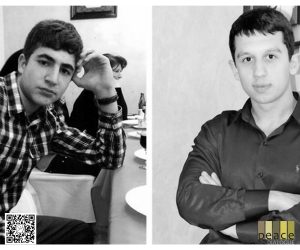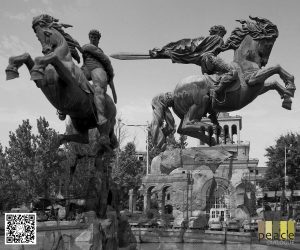ACTIVITIES
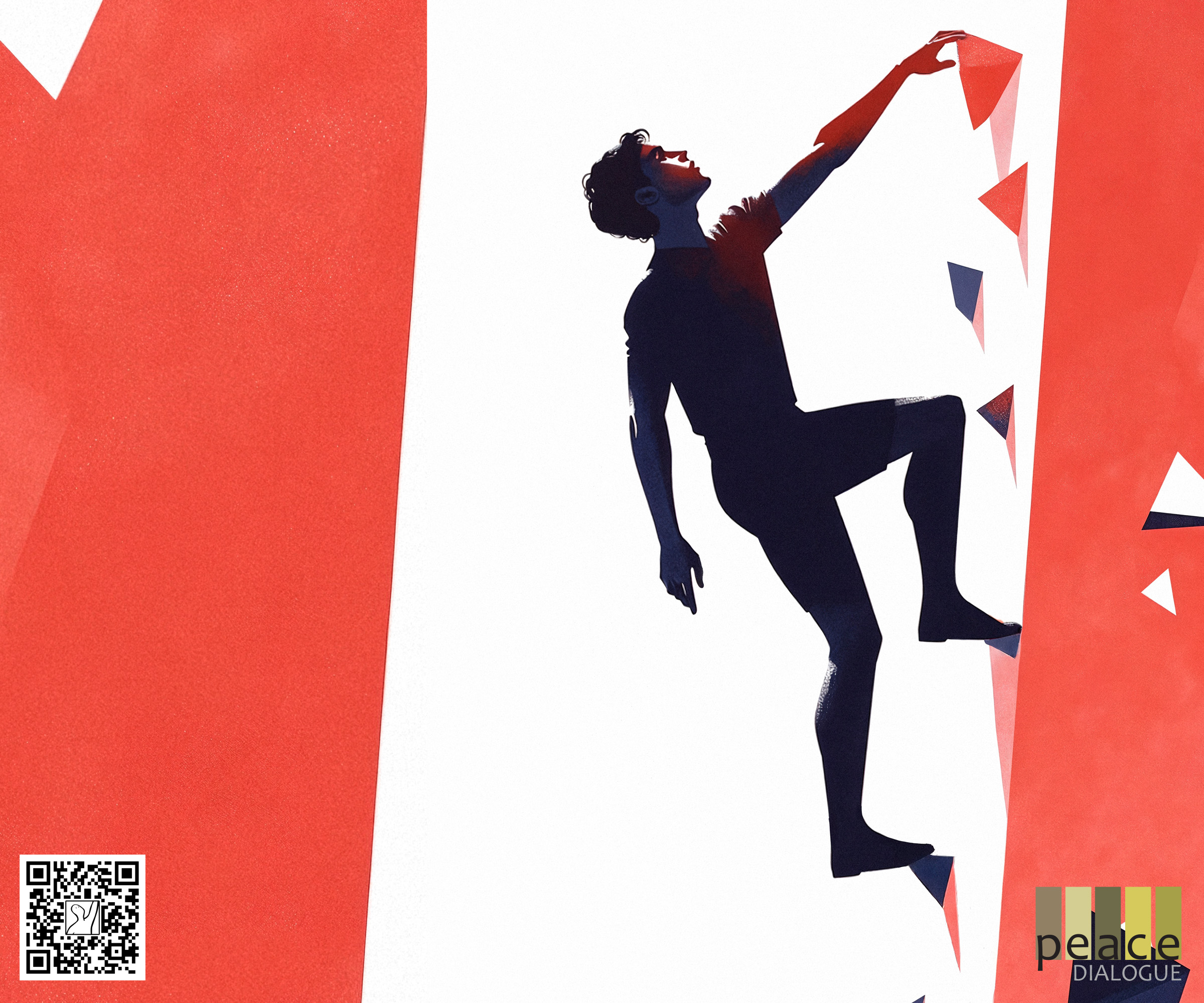
PEACE DIALOGUE NGO’S STRATEGY: 2026-2030
In conflict and post-conflict environments, through its initiatives conducted locally, regionally, and internationally, Peace Dialogue endeavors to make meaningful contributions to:
- Forming multi-dimensional dialogue,
- Protecting human rights,
- Cultivating a culture of peace and fostering peace movement,
- Nurturing respect for democratic values,
- Facilitating the development and fortification of democratic institutions,
- Avocating for the interests and rights of conflict-affected groups.
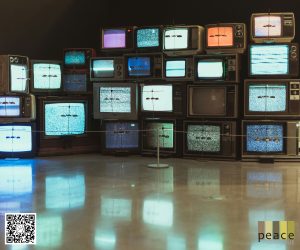
Multi-Stakeholder Foresight Dialogue: Exploring Future Scenarios in Armenian-Azerbaijani Relations
The database of fatal incidents in the armed forces now lists a total of 810 fatalities.
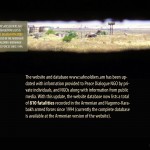
The website and database www.safesoldiers.am has been updated with information provided to Peace Dialogue NGO by private individuals, and NGOs along with information from public media. With this update, the website database now lists a total of 810 fatalities recorded in the Armenian and Nagorno-Karabakh armed forces since 1994 (currently the complete database is available at the Armenian version of the website).
A Group Discussion Workshop with Women’s Peace Agency project participants
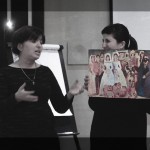
Through the grant from CMI, Peace Dialogue provided financial support to a total of five projects. In two of the projects the participants were mainly young people. These projects were intended to analyze public monuments as components of collective memory and the messages they send to future generations. Another three projects were directed at particular segments of the history, for example documentation of the memories of women who survived the war and children born after the war.
Peace Dialogue NGO’s Request Was Rejected By The Administrative Court.
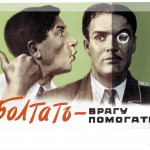
In a court hearing presided over by Judge Arman Dilanyan on March 11, 2016 the Administrative Court of Armenia decided to reject Peace Dialogue NGO’s complaint challenging the legitimacy of the classification of secret information mentioned in Section 17, Point 42 and 43 in the list provided by Executive Order N9 of the Ministry of Defense, dated July 9, 2015, and to partially annul the executive order.
Civilian Control of the Military is not just a Concern of Democracies

“In a democracy, soldiers are citizens. It is that simple: they deserve to be treated as citizens, and they should not tolerate being treated otherwise, even if the military service, in training and operations, includes hardships and deprivations. An army that structurally violates the rights of its citizen-soldiers will lose legitimacy, and, in the long …
Monuments are components of our collective memory

The idea of having a monument dedicated to the “Victims of March 1st” was raised by a group of young people in Vanadzor. They think that it is important to have such a monument first of all because it has been 8 years since the death of a group of protesters who were killed on …
Arena: Community Theatre and Public Art
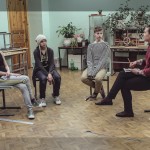
The project strives to empower civil society groups from the above-mentioned post-Soviet/Eastern Partnership (EaP) countries so that they are more able to work together on strategies and methodologies that they can use in community work. The ARENA-project created a safe space for dialogue, mutual learning and ongoing educational activities for a group of participants who are motivated to work on suitable and sustainable strategies for community-based peace building.
Lebanese lessons on Human Rights

This interview was conducted with Mr. George Ghali from the organization ALEF-act for human rights (ALEF) in Lebanon. It continues the Peace Dialogue series of interviews on the issue of human rights violations in the armed forces aimed at raising awareness about the effective protection of human rights in general and specifically about human rights in the armed forces.


